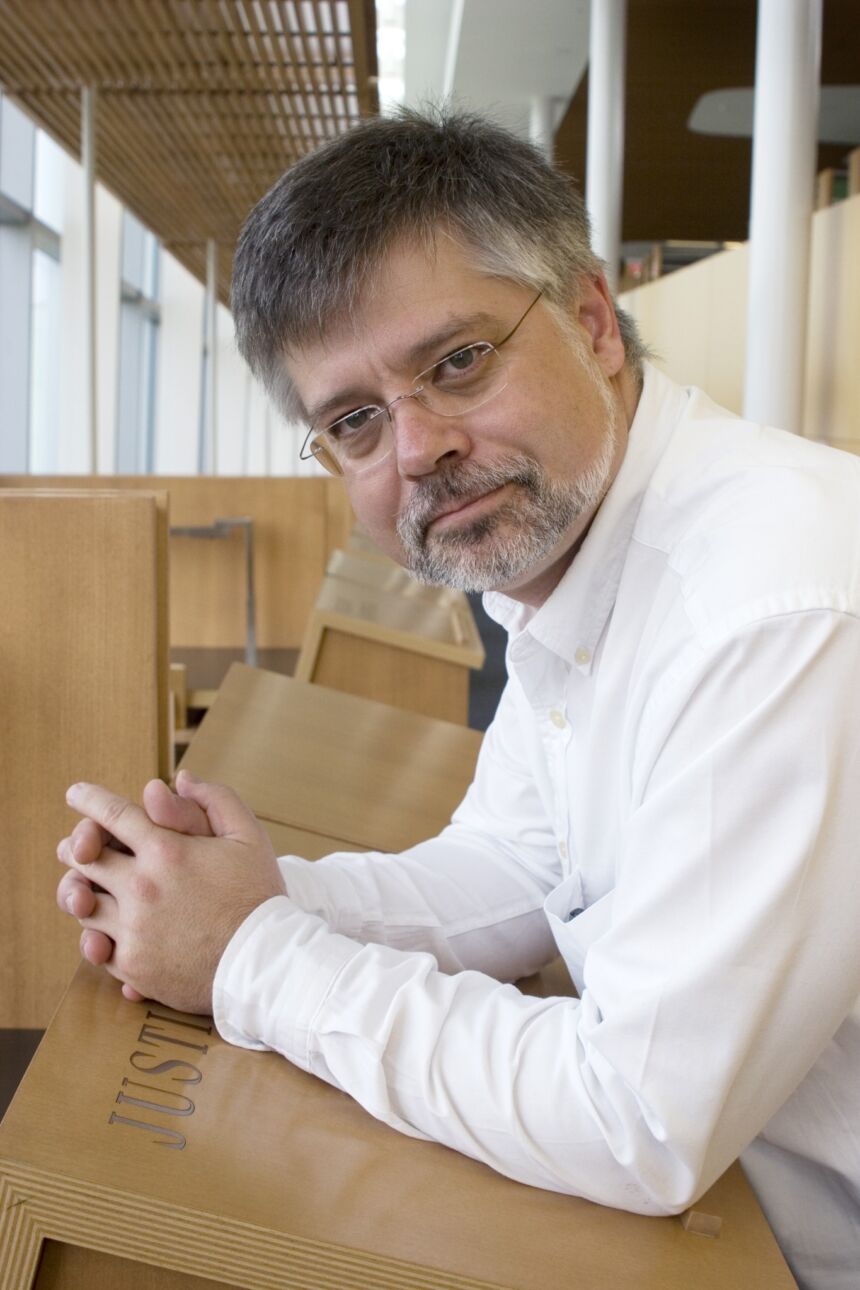January 10, 2017
Professor Fedderke helps World Bank create greater shared prosperity in South Africa

UNIVERSITY PARK, Pa. -- Penn State School of International Affairs professor Johannes Fedderke recently completed an evaluation of the World Bank’s work in South Africa to help the international financial institution better address economic disparity in the African nation.
Fedderke, an internationally recognized expert in economic development and director of Economic Research South Africa, was asked by the World Bank to analyze its programs in South Africa due to his extensive work in development policy and the South African economy. Specifically, Fedderke was tasked with evaluating each of the World Bank’s projects in South Africa to determine how the institution could better achieve its goal of creating shared prosperity among the nation’s impoverished peoples.
“South Africa is arguably the most unequal country in the world, with the bottom 40 percent of the population earning less than 7 percent of the nation’s GDP—a figure that’s actually declining,” Fedderke said.
Fedderke, who has worked both in South Africa and with the World Bank in the past, said a complicated web of historical factors and current labor market practices contribute to this widespread inequality. In order to advise the World Bank on how to best address this issue, Fedderke first had to unravel the causes from the effects of this inequality.
“A direct measurement of inequality is like a fever; it’s just a symptom of a larger problem,” Fedderke said. “You have to look at what’s causing the fever.”
Drawing on his knowledge and research into the South African economy, as well as numerous interviews with World Bank officials and South African leaders, Fedderke identified eight “principle drivers” of economic inequality.
These root causes of South Africa’s vast inequality include economic growth, labor market absorption, human capital formation, the spatial configuration of South African cities, institutions such as property rights, credit market efficiency, and “the fiscus,” or how redistributive expenditure and revenue collection factor in the nation’s economy.
These factors help explain the relationship between income inequality and increased access to credit for individuals and corporations, the rise of the nation’s black middle class, the tight regulations that shape the South African economy, and the fact that only about 15 percent of South Africans have a “formal sector job.”
So, bearing all this in mind, what was Fedderke’s conclusion on the World Bank’s work in South Africa?
“The answer is complicated; the World Bank is doing quite well in some areas, and less so in others,” Fedderke said. “I will say that I was very impressed with how self-critical the World Bank was. They were very reluctant to be impressed with themselves, and were very concerned with how they can do better.”
The World Bank will now use Fedderke’s report, which took three months to complete, to shape the future of their work in the largest economic hub on the African continent.
